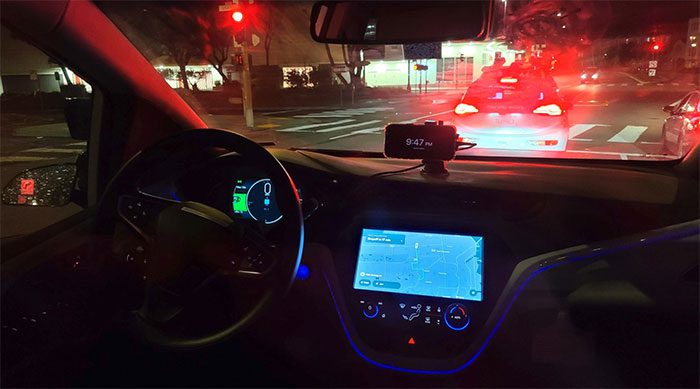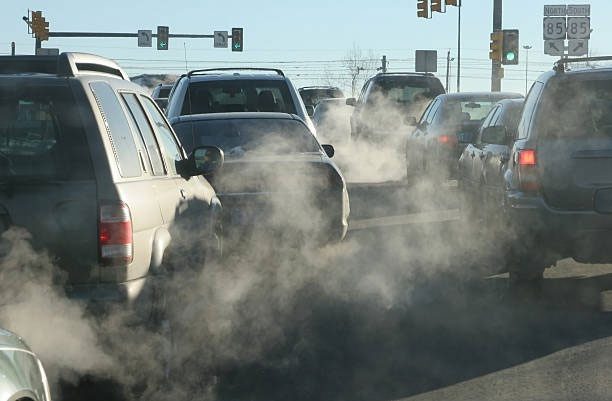Research indicates that humans tend to “sanctify cars”, showing bias and attempting to justify car usage while ignoring its detrimental impacts on society.
Most people express discomfort towards behaviors that contradict societal norms. Theft, smoking in public, or food safety violations are typical behaviors frequently condemned by the public. However, when it comes to cars, despite the pollution and noise, many choose to overlook these issues.
“Sanctifying Cars”
This phenomenon is referred to as “car brain.” This slang term describes car users who believe their mode of transport is superior to other forms of transportation or pedestrians. They depend on cars and tend to default to this option whenever they need to travel, rather than weighing the pros and cons of alternative choices.
Professor Ian Walker from Swansea University in Wales calls this phenomenon “motonormativity,” which refers to individuals who display bias and a lack of objectivity regarding car usage.
The term “motonormativity” is derived from “heteronormativity,” which imposes a heterosexual societal model (only male and female) onto people’s lifestyles and thinking. In the case of “motonormativity,” a similar understanding is applied to cars.
Professor Walker observes that people often experience a blind spot regarding car-related issues such as speeding, harmful emissions, accident risks, and a multitude of other negative impacts associated with this mode of transportation.

People often view cars as a convenient and quick means of transport but forget about its far-reaching harms to society. (Photo: iStock).
He conducted real-world surveys and calculated accurate percentages to demonstrate how the majority of the global population exhibits bias and attempts to justify car usage. To accomplish this, he devised a set of questions designed to reveal the unconscious bias people have towards cars.
The questionnaire was divided into two parts. One part pertained to cars and driving habits, while the other included similar content but replaced cars with keywords and phrases from other topics.
The professor hired an independent survey company to randomly recruit 2,157 participants in the UK. They were only allowed to respond with “agree” or “disagree” to each statement. Half of them were asked about opinions on cars, while the other half answered unrelated questions.
Disliking Cigarette Smoke but Willing to Inhale Car Exhaust
For example, a participant might have to agree or disagree with the statement: “We should not smoke in crowded places because others may inhale cigarette smoke.”
They would then encounter a similar statement regarding cars: “We should not drive in crowded places because others may inhale car exhaust.” The results showed that 75% of respondents agreed with the first statement, but only 17% agreed with the second statement about cars.
A similar question regarding theft was also posed.
Respondents were asked: “If someone leaves their belongings on the street and they are stolen, the fault lies with them for leaving it there, and the police have no right to intervene,” alongside a corresponding statement about cars: “If someone leaves their car on the street and it is stolen, the fault lies with them for leaving it there, and the police have no right to intervene.”
The results indicated that only 8% agreed with the first statement, while 55% agreed with the second.
Similar questions about other topics such as life safety, alcohol consumption, and workplace injuries were also posed. The majority of people criticized wrongful behaviors concerning topics unrelated to cars and displayed more sympathy towards similar actions regarding cars.
Professor Walker explains this contradiction as stemming from the “motonormativity” mentality. “People often overlook the typical norms when discussing cars,” he states. For the professor, the comparison between car exhaust and cigarette smoke is particularly interesting.

Most people do not view driving through the lens of health.
Decades ago, society seemed to accept or even encourage smoking in public.
However, as warnings about the dangers of secondhand smoke (non-smokers inhaling smoke from smokers) became widespread along with stricter laws, community attitudes towards this behavior changed dramatically. A similar shift could occur with cars, Walker suggests.
“Attitudes towards smoking have changed dramatically, from indifference twenty years ago to strong opposition and saying no to smoking today. Therefore, comparing smoking habits to driving is intriguing to me as people may also change their thoughts in such a way,” he states.
However, since cars have become a widely used mode of transport globally, this transformation will take considerable time.
The majority of people do not view driving through the lens of health, causing them to overlook its societal harms and unfairly assess it. They believe driving is so convenient and easy that it is taken for granted. “Because it seems convenient, they conclude that it’s right and good for society,” Professor Walker remarks.


















































